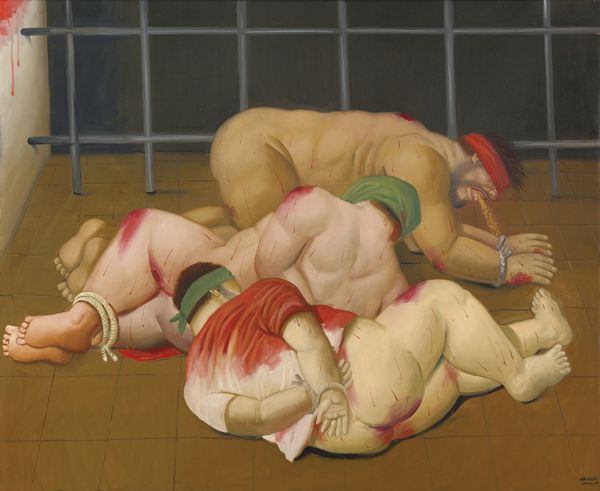Discuss the printing press and its impact on the Protestant Reformation
What will be an ideal response?
The technology of printmaking played a major role in the success of the Protestant Reformation and its subsequent culture. Johannes Gutenberg's printing press made it possible to fabricate books more cheaply, more rapidly, and in greater numbers than ever before. It facilitated the rise of popular education and encouraged individuals to form their own opinions by reading for themselves. When Martin Luther translated the Bible into the vernacular, mass production from printing allowed any individual access to the religious text and allowed them to arrive at their own personal, spiritual conclusions. Further, Luther's Ninety-Five Theses, which criticizes the Catholic Church, was widely disseminated due to the printing press. In sum, the new print technology provided a means to widely broadcast an old message of religious protest and reform, preventing the Church from suppressing and ignoring criticism.
You might also like to view...
An introduction precedes the first movement of Mozart’s Symphony No. 40?
a. true b. false
?

A. Trigo Piula B. Julian Schnabel C. Fernando Botero D. Anselm Kiefer
Which type of Japanese theatre grew out of the dance-prayers of Buddhist priests?
A) Natyasastra B) Noh C) Yoshimitsu D) Shakuntala E) Sanskrit
What characterizes Stephen Foster's music?
a. A more sympathetic view of African-American culture b. An increasingly exaggerated characterization of black people c. Overt condemnation of the racism inherent in popular culture d. A nostalgia for the predominance of slavery in the South